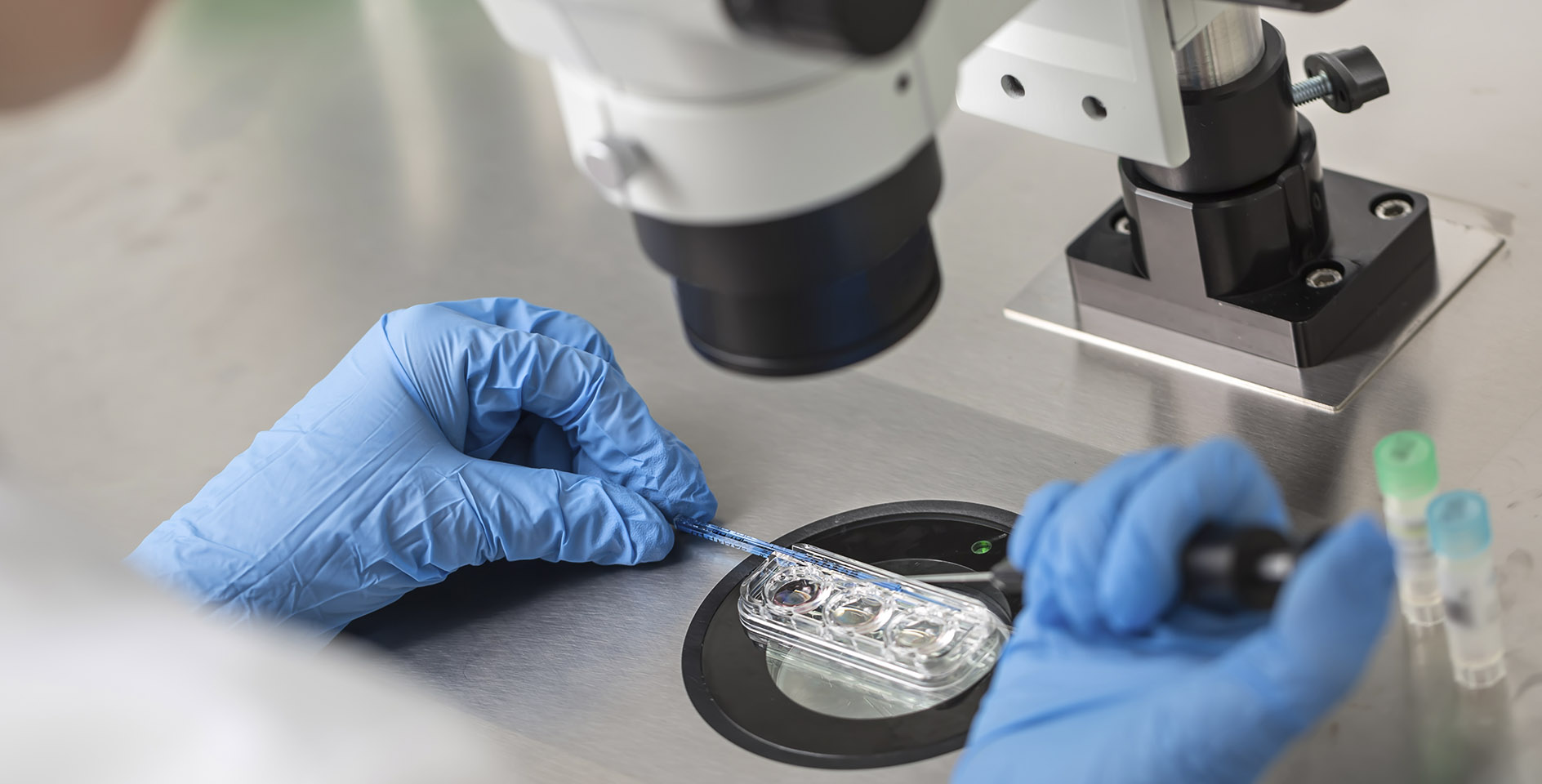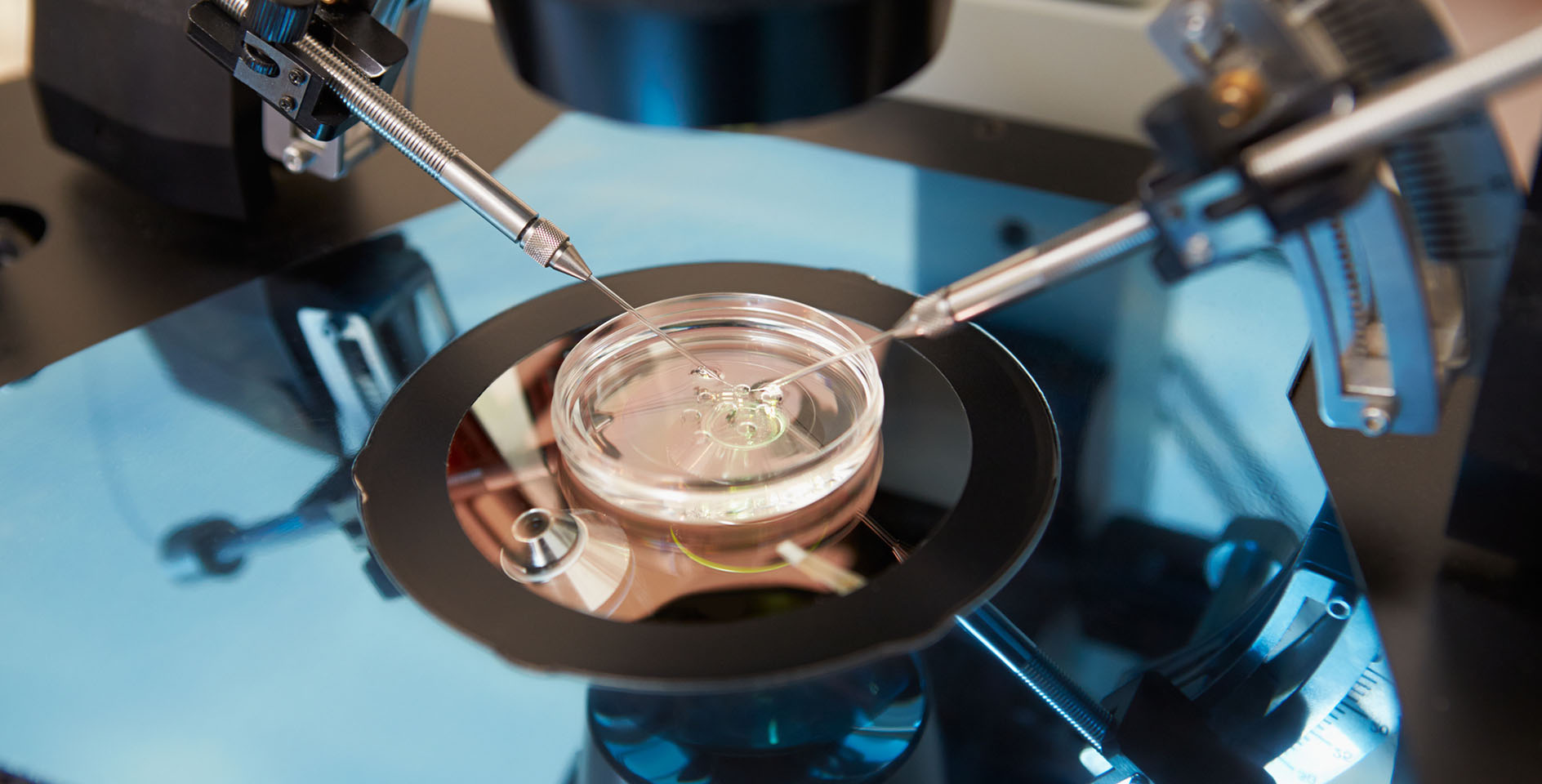
Coming soon to America: Babies who have one genetic father, two genetic mothers, and dozens of discarded siblings.
Last month a government advisory committee began debating the merits of approving a new technique – already sanctioned in the U.K. – that combines DNA from three people to create embryos free of certain inherited diseases. According to the New York Times, the Food and Drug Administration panel focused on a procedure that scientists think could help women who carry DNA mutations for conditions such as blindness and epilepsy. The process would let them have children without passing on those defects.
The technology involves taking defective mitochondria from a mother’s egg and replacing them with healthy mitochondria from another woman. After being fertilized by the father’s sperm in a lab, the egg would be implanted in the mother, and the pregnancy could progress normally.
While the technical description of the process may sound unobjectionable, the result – a baby with three genetic parents and customized genes – raises serious ethical concerns. The innovation and its acceptance combine two of the most troubling bioethical issues related to IVF. The creation of three-parent embryos and “designer babies” are each troubling. But to combine them is a significant leap forward into an area of potentially dehumanizing eugenics.
Eugenics is the practice of improving the genetic composition of a population by increasing the number of people who have a more desired trait and reducing those with less desirable traits. Currently, our most common eugenics practice is to screen for children who may have Down syndrome and then kill them before they are born. It is estimated that upward of 90 percent of Down syndrome pregnancies are aborted.
Increasingly, though, IVF techniques are being created that allow certain genetic traits to be eliminated or selected from an embryo before they are implanted. This in itself is not morally problematic, so long as no embryos are being destroyed. But in bioethics the line between therapy (preventing or curing diseases) and enhancement (improving capabilities not related to disease) is often blurred.
Even when such distinctions can be made, our culture of unfettered personal choice makes it nearly impossible to say that certain “enhancements” should not be made. If we allow genetic changes to prevent mitochondrial disease, why should we not allow such changes to make sure a child is born with blue eyes, blonde hair, and a fair complexion?
Added to this concern is the problem of allowing three genetic “parents.” Since the creation of IVF in 1978 we've been able to sever sex from procreation; now we are able to sever parenthood from procreation. By mixing in some genetic material, anyone can be added to the “parental line” of a child. A polygamist family could have any number of genetic fathers and mothers. Who then would be legally entitled to be claimed as the “parents”? If current legal trends hold, the answer would be “all of them.”
Christians should attempt to do what we can to hold the line against techniques that degrade our humanity. But as long as “what can be done, must be done” is the only ethic our culture acknowledges, we may not be able to stop this immoral advance. We have entered a Brave New World that we are unprepared for—legally, political, ethically, and culturally—and from which we may not be able to turn back.







